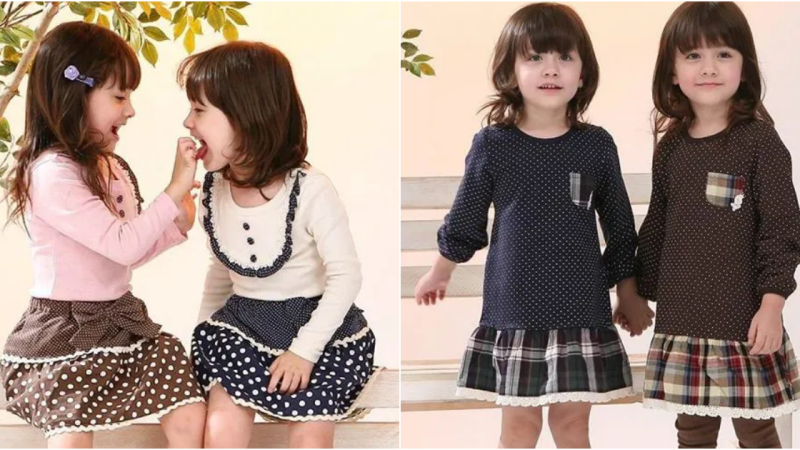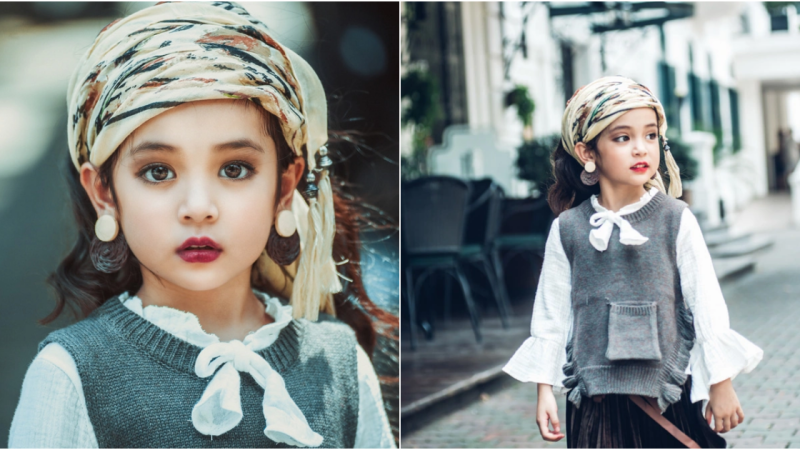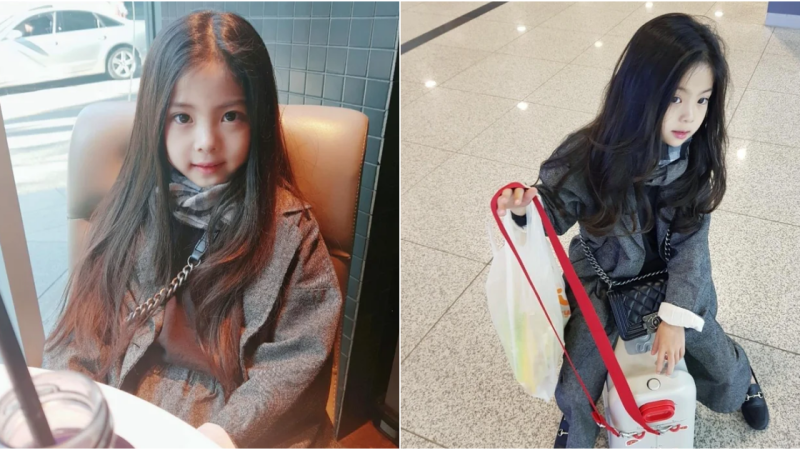People don’t believe my black toddler and albino son are actually twins

A mother has told how people refuse to believe her black toddler and his albino twin brother are really siblings. Dorian Johnson, from Williamsburg, Virginia, has said that when she’s out in public strangers constantly ask if her African American son, Zavied, is adopted and not hers.
Despite both his parents and his twin brother, Zakari, being black, two-year-old Zavied has snow white skin and golden hair after being born with albinism. But whilst the adorable twins clearly lookalike, their mom, Dorian, 25, has revealed she feels hurt almost everyday when people judge her ‘golden child’ as an adoptee just because of the color of his skin.
She is speaking out about the ‘everyday racism’ she faces as the black mother of an albino son in the hope of helping to end ‘discrimination’ against children with albinism, like Zavied.
Dorian said: ‘When we go to the store, or anywhere in public, people look at them differently and some people ask if my white son is adopted. They ask if he’s really mine and as a mom that really hurts.

‘I take it as a negative reaction, I don’t like it that people are judging him and us just because of the color of his skin. I do get quite defensive about it, it’s everyday racism and I think it’s a form of discrimination.
‘It makes me angry and upset when people say they don’t look like twins when they clearly do if you look at them properly. People should not judge how people look and just jump to assumptions.
‘The boys are happy and healthy and that’s all that should matter, people should not judge kids by the color of their skin.’
‘I don’t think people understand albinism properly yet and I think we need to increase awareness that black people can be albino too. I see it as a blessing and I feel very lucky to be their mom.’
Zavied and Zakari were born on February 11 2018. Several days later doctors told Dorian and her partner, Michael Stepney, 28, that Zavied has the most common type of albinism, oculocutaneous albinism.
The condition affects an estimated one in 20,000 people worldwide from birth and those who are born with it have reduced levels of pigmentation in their skin, hair and the iris of their eyes.
Individuals with albinism typically have very fair skin and white or golden blonde hair. The condition is inherited and if both parents carry the faulty gene, then there is a one in four chance that their child will be born with the condition.
However because the twins are non-identical, it is possible for only one of the two children to inherit the faulty gene from their parents and therefore develop albinism.
‘When the doctor sat us down to tell us about Zavied I instantly started crying’, said clothing retailer, Dorian.
‘I knew I’d have to teach him to love himself for different and unique and I thought it’d be a challenge. I suppose I was scared that he would get bullied by the other kids at school because he’s different.
‘I cried because I want my son to be accepted and not be treated differently because of the way he looks.’
Dorian, who has nicknamed Zavied her ‘golden child’, added she has already begun teaching her son to understand why he is looks different to the rest of his family in a bid to prepare him for when he starts school and starts mixing with people from other communities.
Dorian said comments from strangers asking if Zavied is really her child are unhelpful and insensitive. She also said it makes her ‘uncomfortable’ when people stare at Zavied in public and has called for people not to stigmatize children with albinism.
Dorian said: ‘I want Zavied to know he is special because that will help him in later life.
‘I want him to love himself to the point where he does not care what other people think of him. So long as he loves himself and we love him as a family, that’s all that matters.
‘His skin color does not change who he is, he is still an African American male and he’s no different to his brother.
‘I want him to feel like he can have a normal life and I don’t want his albinism to get in the way of that.
‘I’m proud to be their mon because they are rare, so I feel very lucky indeed.’






